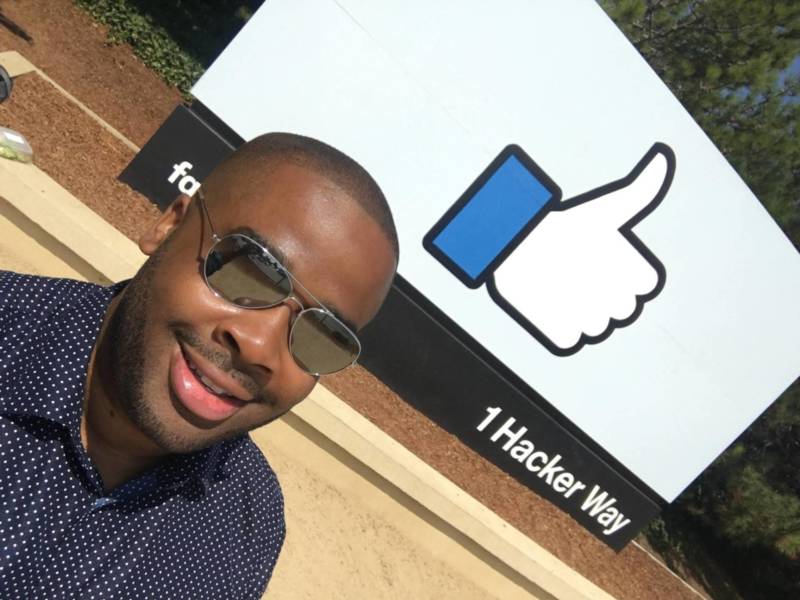Facebook has a problem with black people. That's according to former employee Mark Luckie, who recently made public an internal memo he wrote to the company about diversity problems within Facebook. Luckie worked for 14 months as a partnerships manager at the Menlo Park-based company before quitting in early November.
Luckie says he began noticing disparities in how black employees were treated soon after starting his new position.
"I was working very diligently, working with great partners and a lot of energy," Luckie says. "But I got a lot of pushback on a managerial level, and I quickly figured out that it wasn't just me."
Other black employees, Luckie says, started talking with him about their experiences. They’d tell him managers were unfairly questioning their decisions, and some complained they were dissuaded from joining affinity groups for black employees.
The number of black employees at Facebook hovers around 4 percent, up from 2 percent in 2016. Luckie says Facebook has gotten better at hiring black people, but the culture has prevented them from sticking around.
